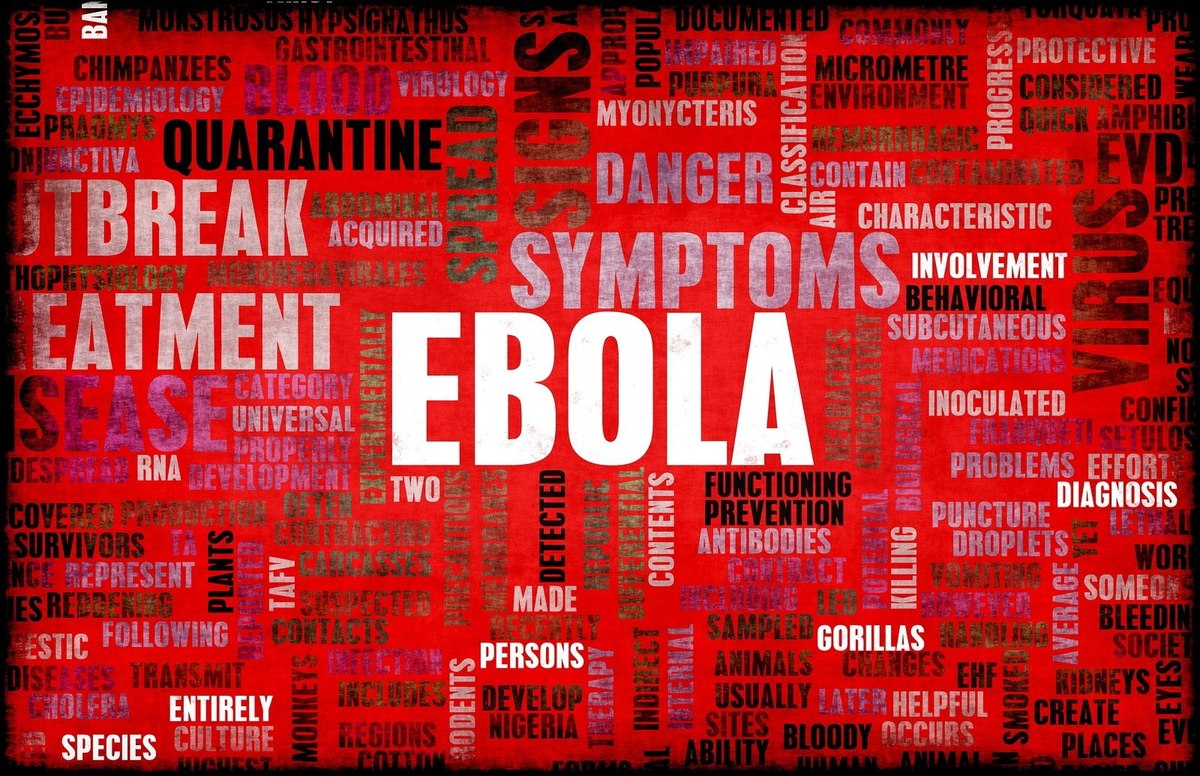
The Threat of Ebola in the Middle East
The 2014 outbreak of the Ebola virus is claimed to be one of the largest outbreaks of its kind. It is an infectious and generally fatal disease marked by fever and internal bleeding, which is spread through contact with infected body fluids.
According to a new estimate from the World Health Organization, the outbreak in Africa could eventually infect more than 20,000 people. We asked our Lab participants across the Middle East how they feel about the outbreak and how they think it could be better contained within their country of residence.
A large majority of our Lab participants believe that the outbreak is very serious and most believe that the authorities are not doing enough to try to contain the virus.
When asked what steps they believe could be taken by the health authority in their country of residence in order to contain and combat the spread of the virus, Lab participants answered with the following:
“Declare a state of emergency, involve security agencies, shut down unnecessary land borders, create health control check-points at bus terminals (screening points) and increase awareness.” Ter, Nigeria
“Prevent spread to my country by monitoring incoming airport passengers.” Bob, Bahrain
“Experimental drugs and airport screenings.” Marrakchi, Morocco
“Spread awareness before the virus spreads.” Sheriff, UAE
“Every traveler coming to our country should have full medical checks. Foreign workers coming home from countries where Ebola has been spread should undergo 21 days quarantine in our medical facilities.” Edwin, Philippines
“Set up an isolation hospital.” Anonymous
“Screen people coming from countries where there is a threat.” Anonymous
“They should put stringent measures to prevent the incursion into the territory, because once in, it becomes an issue. Like the saying goes "prevention is better than cure.” Kemdy, Qatar
“Spread awareness through all available media channels; educate the masses on preventive measures; enforce strict regulations on health checks for tourists and business visitors from all countries; equip hospitals with the best expertise to treat those who have contracted the virus.” Vanna, UAE
The majority of Lab participants claimed to be previously aware of the outbreak of Ebola in West Africa. Over three-quarters claimed to be concerned about an outbreak of Ebola in their country of residence, with almost half stating they are “very concerned”. Over four-fifths of Lab participants are concerned that they may encounter someone with the Ebola virus.
When asked why they are concerned about a possible outbreak of Ebola in their country of residence, Lab participants answered:
“Because my government isn't doing much, though it’s trying, but infected people go free and are mobile. The government should move ahead and contact relations of suspected people whom it thinks might have come in to contact with infected people” Ter, Nigeria
“Because one wouldn’t know if someone is sick and some symptoms may be associated with other sicknesses” Anon
“The use of public transport is convenient for all hence, taxis, metro trains and buses are the first places to contract the virus. Followed by shopping malls, tourist and vacation spots” Vanna, UAE
Most Lab participants state that Ebola has become a topic of conversation amongst their friends/ family, and the majority state that their friends/ family are very concerned about contracting Ebola. Interestingly, over two-fifths state that the media is exaggerating the severity of the Ebola virus.
Seven in ten Lab participants have researched/ read about the symptoms of Ebola if contracted and around half claim to have taken preventative steps or are being more careful since hearing about the outbreak of Ebola.
Nevertheless, over four-fifths state that they would like to know more about the details of the Ebola virus and most state that they would not know what to do if they had any of the symptoms of the disease.